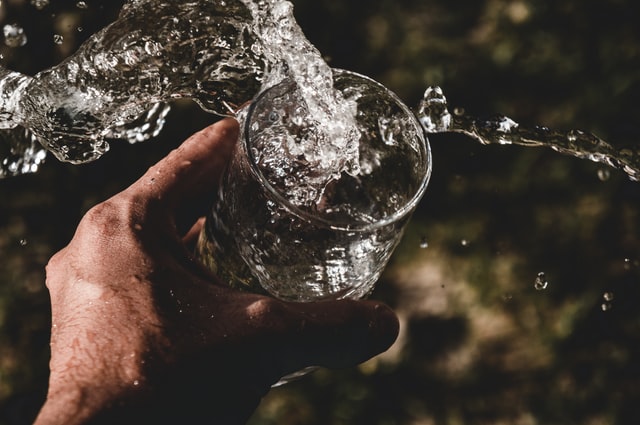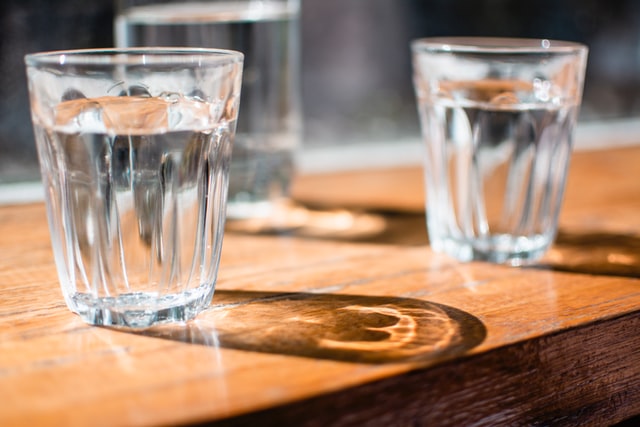How much a person can survive without water and food is a very individual matter. It all depends on his current state of health, concomitant diseases, age, and the conditions in which he will face a given restriction. How long can you live without water?
Why is water important for the body?
Ok. 70% of our body is water, which is one of the most important components of the body. Not only is it a component part of all body tissues and cells, but it is also present among others in bones and teeth. Depending on sex, lifestyle, weight, physical activity and the climate in which he lives, adults should drink between 1.5 and 2 liters, and in hot weather up to 3.5 liters of fluid per day! We lose 2.5 to 3 liters of water a day, mainly as a result of the digestive system, kidneys, lungs or through the skin in the form of sweat. Water has many functions, which is why it is so important. Fully among others cleansing role, because with it we get rid of toxins from the body. It is therefore very important to regularly drink water and hydrate the body to supplement these losses, maintain health in good condition and prevent unpleasant consequences and dangerous dehydration.
How much can a man endure without water?
Man can survive without water for up to a week, but very comfortable conditions must be provided. Andreas Mihavecz achieved quite a record result in 1979, withstanding 18 days without food and water in the cell. On average, it is assumed that a young and healthy person would be able to withstand without water for about 4 days.

Correctly, a person should provide 1.5 l to 3 l of water daily to the body. It all depends on his activity, as well as body weight. Dehydration of the body is a very dangerous condition for a person, especially for a child and an elderly person.
It is difficult to determine exactly how much a person will survive without water. It all depends on the health of the person, age and individual predispositions. Dehydration can occur not only with reduced water supply, but also with significant loss. Therefore, if a person does not provide water to the body, and in addition has diarrhea, fever, takes dehydrating drugs or suffers from diseases that increase urine secretion, he is more predisposed to dehydration.
Symptoms of dehydration depend on its degree. Initially, a person begins to feel intense thirst and lose weight. Then there is dry mouth, pain and dizziness, weakness, urinary retention, dark spots in the eyes, nausea, drop in blood pressure, rapid breathing and heart rate, dry mucous membranes, loss of skin elasticity, eye collapse.
Drowsiness, swelling, convulsions and disturbances of consciousness appear in severe dehydration. Untreated dehydration leads to death.
We excrete it along with sweat, urine, through the skin, digestive system and lungs. To supplement these losses, we should take in the right amount of water every day (about 2.5 liters):
1.5 liters + 0.05 liters for every kg of body weight over 20 kg
It should be remembered that the demand for water depends not only on the body weight, but also on the lifestyle of the person. Athletes and people working in high temperatures should drink up to 4-5 liters of water a day.














